
Mario Barboza wheels the last wheelbarrow full of mud from his home in Guayabo de Bagaces so that he can move back in after Hurricane Otto left his small hamlet nearly wiped out on Nov. 24.
It’s early December, and many people like 74-year-old Barboza, who have spent their days since the hurricane at the Fortuna Technical Professional High School, are beginning to recover their normal lives outside of emergency shelters.
Now, there is enough food in their homes or in temporary ones, but there aren’t enough spoons, and those are precisely the type of donations that are most needed.
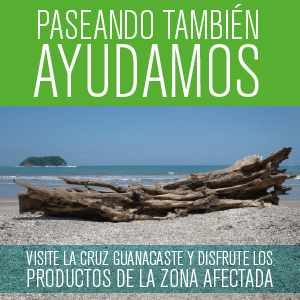
Bagaces Deputy Mayor Emilce Díaz said her municipality has enough groceries for nearly 90 families who have requested aid after the emergency.
“The families have been supplied with food, but we still have to distribute pots, cups, spoons, … (and other) household furnishings. People don’t have utensils,” Díaz said.
Temporary Roof
In Guanacaste, Bagaces homes were hit hardest by the hurricane, with 65 damaged homes requiring the transfer of occupants to another region, as those homes are located in high-risk areas, according to the Housing Ministry (MIVAH). An additional 15 homes need repair, and one requires reconstruction.
The district affected most is Mogote, followed by Fortuna, Río Naranjo and Bagaces Centro.
As of this writing, 71 families have managed to temporarily rent other homes with financial assistance from the Mixed Institute for Social Aid (IMAS) for three months after subsidies are approved.
IMAS President Emilio Arias acknowledged that the aid hasn’t yet reached everyone who needs it.
“In some cases, people haven’t filed the documentation because it’s been difficult to find houses that are available to rent in the area,” Arias said.
Although IMAS has earmarked ₡138 million to cover the basic needs of 195 families in Bagaces (an average of ₡707,692 per family), and with that money families can buy anything from refrigerators to zinc roofing, the deputy mayor said obtaining basic furnishings for homes is a costly process and donations of eating and cooking utensils are badly needed.
According to the Economy Ministry, the minimum cost of basic home furnishings is ₡1 million.
Homes in the canton of La Cruz also were significantly damaged in terms of furnishings. There, IMAS provided ₡807 million in aid to 667 families. Families in a total of 862 homes in Guanacaste have requested this aid due to the hurricane.
What Happens After 3 Months?
After three months of temporary renting, hurricane victims should be able to resettle in homes that must be built by MIVAH, according to Deputy Mayor Díaz.
“There are cases where houses were located along rivers or in other high-risk areas, so MIVAH has to relocate the families to safer areas. In other cases, people have lost their homes but have their own property. If it’s suitable, they can request a housing subsidy,” Arias said.
MIVAH spokeswoman Daniela Ávila emphasized that the assessment of the canton is still preliminary.
“We’re in the process of corroborating information from the CNE (National Emergency Commission) about areas that should not be inhabited, so in some cases, repairs or reconstruction could become relocation,” Ávila said.


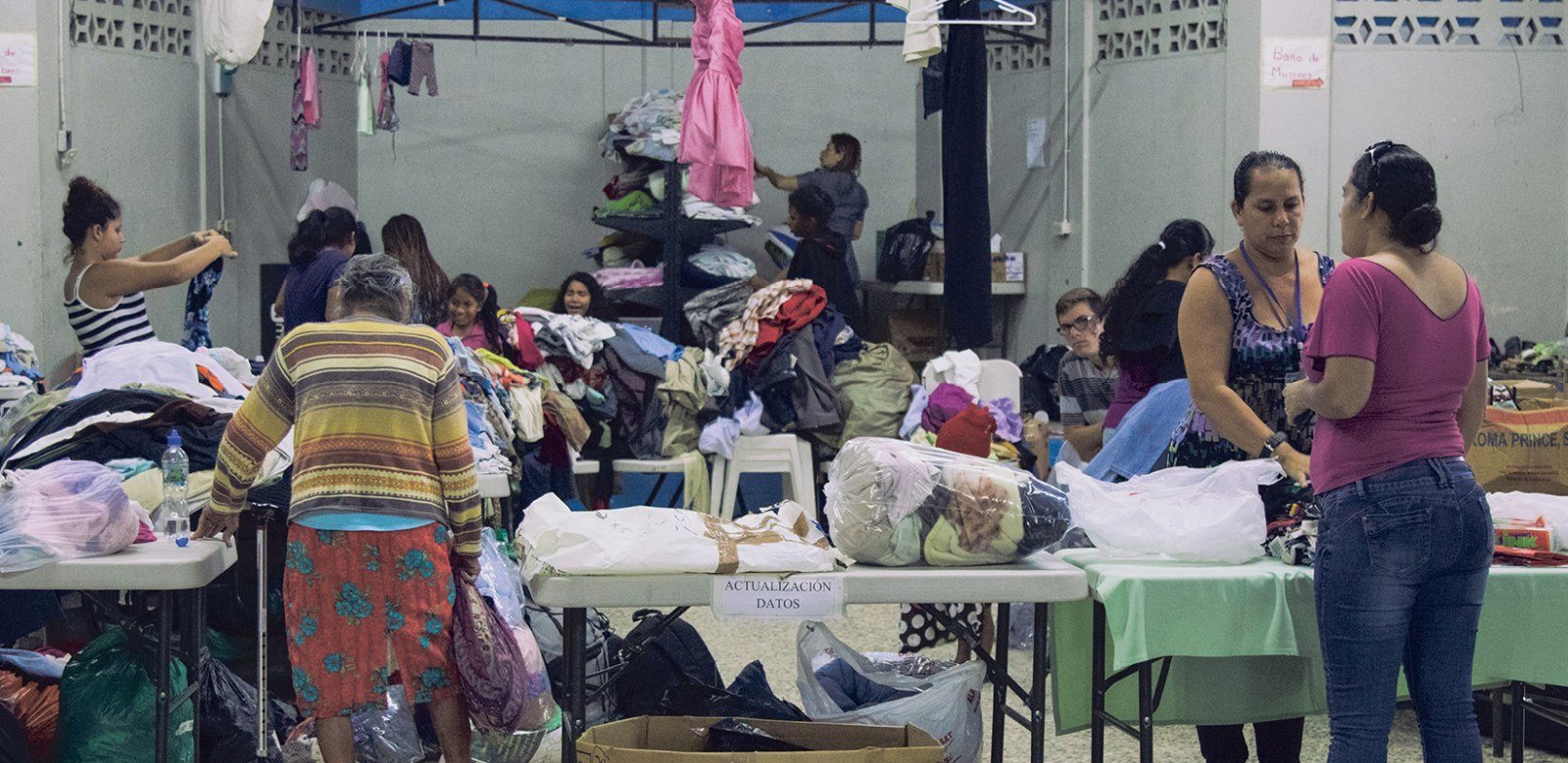
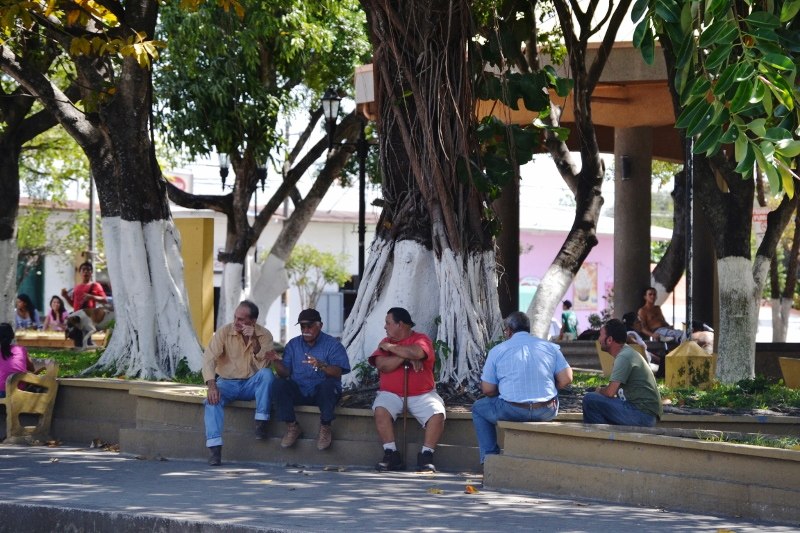
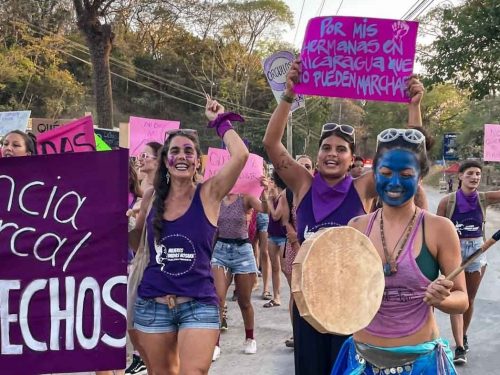
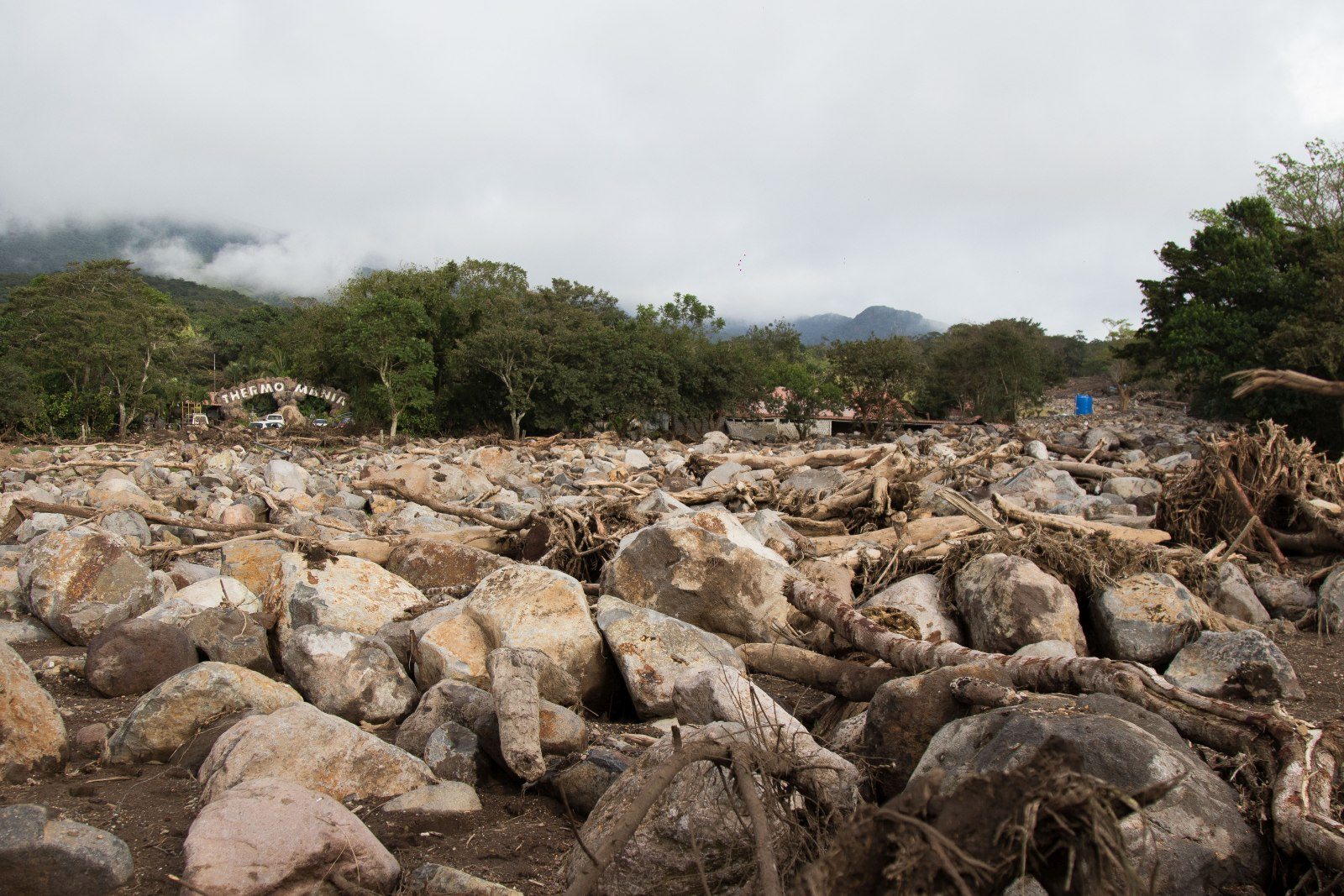

Comments